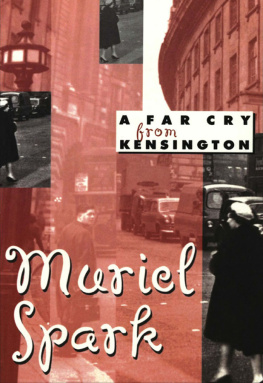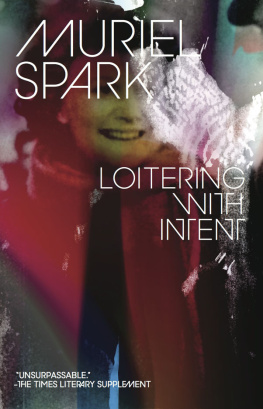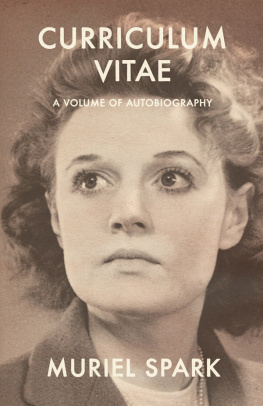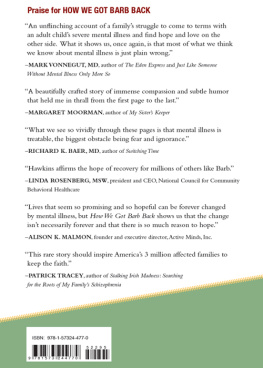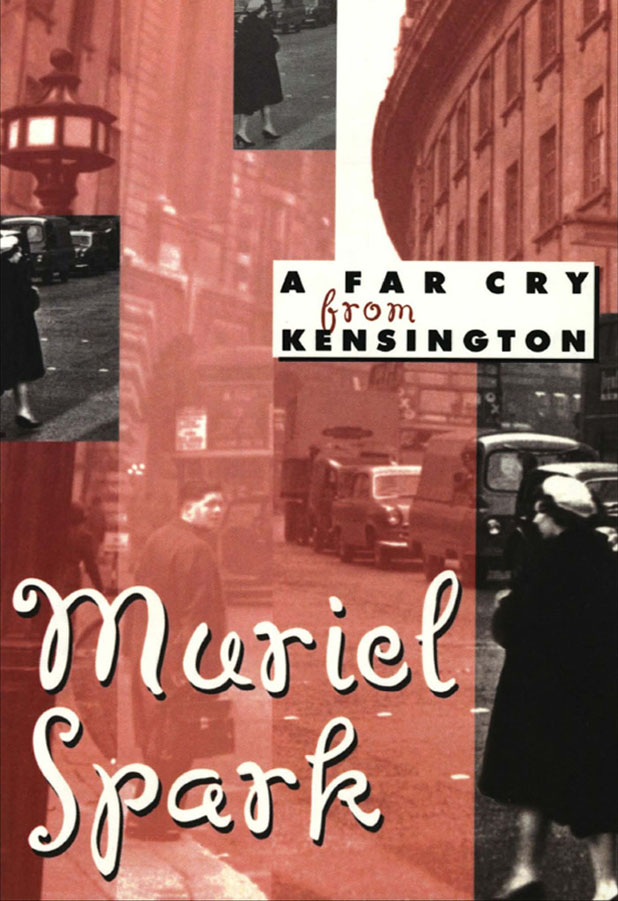A FAR CRY
from
KENSINGTON
So great was the noise during the day that I used to lie awake at night listening to the silence. Eventually, I fell asleep contented, filled with soundlessness, but while I was awake I enjoyed the experience of darkness, thought, memory, sweet anticipations. I heard the silence. It was in those days of the early fifties of this century that I formed the habit of insomnia. Insomnia is not bad in itself. You can lie awake at night and think; the quality of insomnia depends entirely on what you decide to think of. Can you decide to think? Yes, you can. You can put your mind to anything most of the time. You can sit peacefully in front of a blank television set, just watching nothing; and sooner or later you can make your own programme much better than the mass product. Its fun, you should try it. You can put anyone you like on the screen, alone or in company, saying and doing what you want them to do, with yourself in the middle if you prefer it that way.
At night I lay awake looking at the darkness, listening to the silence, prefiguring the future, picking out of the past the scraps I had overlooked, those rejected events which now came to the foreground, large and important, so that the weight of destiny no longer bore on the current problems of my life, whatever they were at the time (for who lives without problems every day? Why waste the nights on them?).
Often, it is a far cry from Kensington and the early 1950s, this scene of my night-watch. But even now when I return to London, to Kensington, and have paid the taxi and been greeted by the people waiting there, and have telephoned the friends and opened the mail, that night I find again my hours of sweet insomnia and know that it is a far cry from that Kensington of the past, that Old Brompton Road, that Brompton Road, that Brompton Oratory, a far cry. My thoughts of the night dwell often on those past thoughts of the night in the same way that my daily life at the time has a certain bearing on what I do now.
It was 1954. I was living in furnished rooms in a tall house in South Kensington. I was startled, some years ago, by a friends referring to that rooming-house near South Kensington Underground you used to stay in. Milly, the owner, would have denied indignantly that it was a rooming-house, but I suppose that is what it was.
Milly was sixty years of age, a widow. She is now well over ninety, and still very much Milly.
The house was semi-detached, and on the detached side was separated from its neighbour by no more than three feet. There were eighteen houses on each side of the street, of identical pattern. The wrought-iron front gates led up a short path, with a patch of gravel and flower-beds on either side and lined with speckled laurel bushes, to a front door which bore two panes of patterned glass. All Milly Sanders tenants had a key to the front door which led into a small entrance hall. Milly herself occupied the ground floor. On the right, as you came in, was a hall-stand with a mirror, some coat-pegs, and a place for umbrellas; on one of its flat surfaces stood the telephone. On the left was Millys best room, with a bow window, used only for visitors. Ahead was the staircase leading to the tenants landings, and, to the left of the staircase, a short passage leading to Millys sitting-room, kitchen, bedroom and its adjoining conservatory and her back garden which was good and sizeable for a London house. These streets had been built for merchant-families of the past century.
Upstairs on the first floor was a bathroom and furnished rooms let to two single tenants and a couple. In the front bed-sitting-room, which also had a bow window and a small kitchen adjacent, lived the couple, Basil Carlin and his wife, Eva, both approaching forty and without children. Eva was a part-time infant-school teacher. Basil, by his own definition, was an engineering accountant. The Carlins were unusually quiet. Once they were locked in their room no sound ever issued, even after midnight when the natural noises of the house had ended for the day.
Next door to the Carlins was a large bedroom looking out into the garden. It had a wash-basin and a gas-ring with the usual dark steel box beside it with slots for pennies and for shillings. Here lived and worked Wanda, the Polish dressmaker whose capacity for suffering verged on rapacity. But Wanda Podolak was generous of heart even though she could never admit to an instant of happiness. She had many visitors, some clients her ladies, she called them volubly having their dresses fitted, some compatriot friends, some of whom she described as enemies. Most of her visitors came from six oclock in the evening onwards, after their hours of work the clients being given preference over the friends and enemies, who had to wait on the landing till the fittings should be over. When Wanda entertained she didnt put away her work; the buzz of her sewing-machine went on intermittently together with the sonorous Polish voices of the men, the clamour of the women and the clatter of cups and saucers as tea was prepared. The Polish conversations seemed all the louder for being unintelligible, to anyone passing Wandas door.
At the far end of the first landing was a smaller room occupied by Kate Parker, a twenty-five-year-old district nurse, small, dark, plump, with round black bird-like eyes and white gleaming teeth. She was a cockney. She seemed to give off vibrations of vigour and certainly she had great courage. Kate was frequently out for the evening or away on a job, but on the few nights she was at home she cleaned her room. She was very thorough and eager about her cleaning, indeed about everybodys house-cleaning; when she entered anyone elses room, for a cup of tea or to take their temperature, she would often say, politely, Your rooms nice and clean. If she failed to say this, it meant that your room wasnt clean. Kate detested germs, the work of the Devil. So on the evenings when she was at home she would haul her furniture out on the landing and scrub her linoleum with Dettol. The furniture, too, would have been scrubbed with disinfectant had it not been the landladys property. Milly, long-suffering though she was, had objected to her table, chairs and bed being so much as wiped with a cloth impregnated with the stuff; it was enough, she said, that the house smelt of hospital after Kates energetic cleaning. She gave Kate some lavender wax to clean her furniture with. It was impossible not to know that Kate was at home for the evening by the bumping and dragging of the furniture on to the landing, and the mixed reek of lavender and disinfectant. Kate vowed that when she had the money saved up, and a place of her own, it would be furnished with white-painted washable wood. Kate was strict and proud about her savings; they went into the Post Office. She kept in a cupboard in her room a series of little boxes with ready money in them. They were respectively marked electricity, gas, bus-fares, lunches, phone and sundries. Kate manicured her nails very carefully before going to bed, after the cleaning and hauling was over. She laid out her clothes for the morning with extra neatness. She would sometimes accept a drink, a sherry or a whisky, before going to bed, but always with a solemn sigh, as if to convey that she shouldnt really be taking the stuff, it might lead to ruin.
The floor above was where I lived in an attic room with a slanting ceiling. A stove and sink were installed; there was a built-in shower in the corner and under the slanting roof a deep, low cupboard.
On this floor was a communal lavatory and two other rooms, one occupied by young Isobel, who had a telephone of her own in her room so that she could ring her Daddy in Sussex every evening; it was only on this condition that Isobel had been allowed to come to London to work as a secretary. Sometimes Isobel would spend an entire evening on the telephone, not only to her Daddy but to her large acquaintance, and her voice trilled and sang through the thin walls with the cadences and saga of her daily doings.

